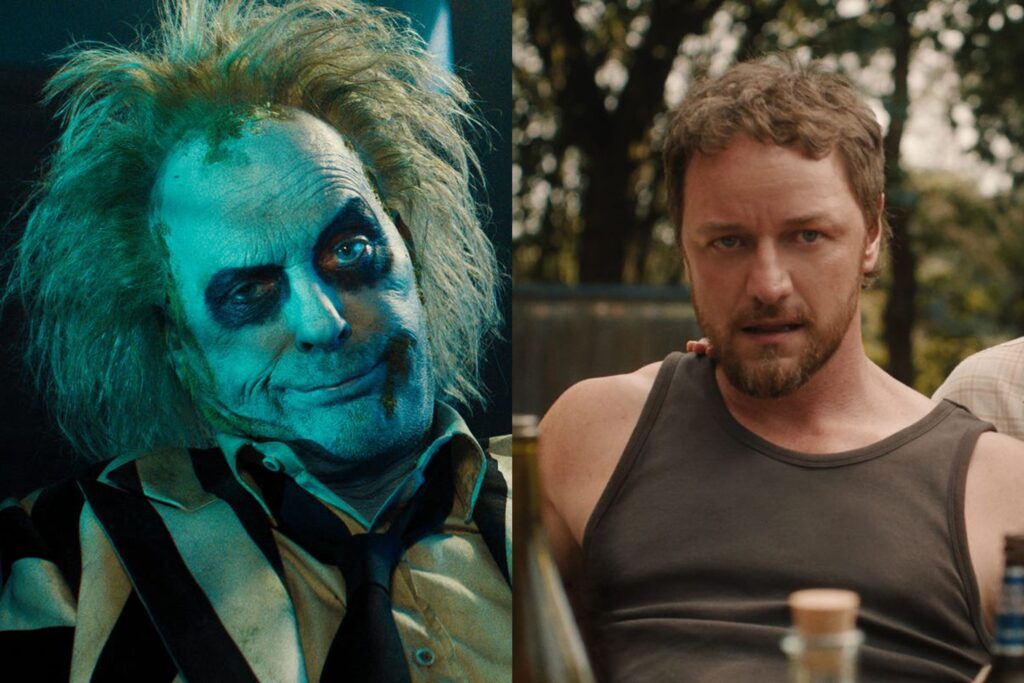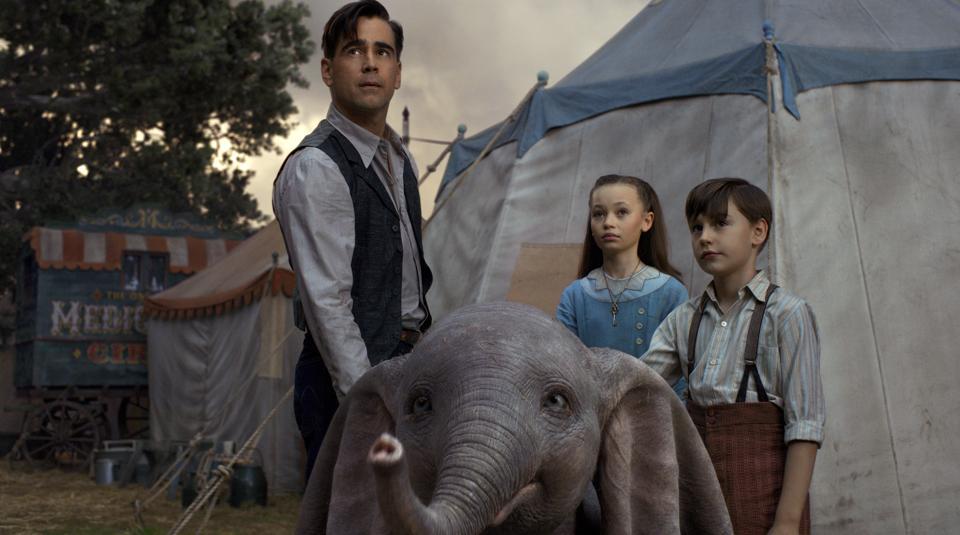Speak No Evil, Beetlejuice 2, and Movies Nobody Asked For

One of the most common rhetorical questions you’ll find on the internet, posed in response to the green-lighting of a new movie, is “Who asked for this?” It’s a derisive expression meant to impugn the upcoming film’s artistic integrity and belittle its commercial viability, even if it really functions as a statement of personal taste; the literal answer to the question is invariably, “Lots of people, just not you.” It’s also correlative of asking whether a picture is “necessary,” which is equally foolish. Strictly speaking, no work of art is necessary because we’re talking about entertainment, not food or shelter; philosophically speaking, art is absolutely necessary because it provides us with pleasure, anger, knowledge, and the opportunity to get mad at people online when they disagree with us. We may not need movies to survive, but to quote the captain from Wall-E, I don’t want to survive—I want to live.
And yet: In our era of perpetual IP churn, it’s occasionally worth pondering why certain pictures are made, and whether their cinematic execution can transcend their facially dubious justification (which is, of course, that studio executives hope they might make money). The two movies currently atop the domestic box office, Beetlejuice Beetlejuice and Speak No Evil, inspire this sort of metaphysical musing, given that they’re typal cousins: the long-delayed sequel to a beloved classic, and the English-language remake of an acclaimed foreign work. They both have their virtues; they both also raise questions about whether they should exist at all. Read More

